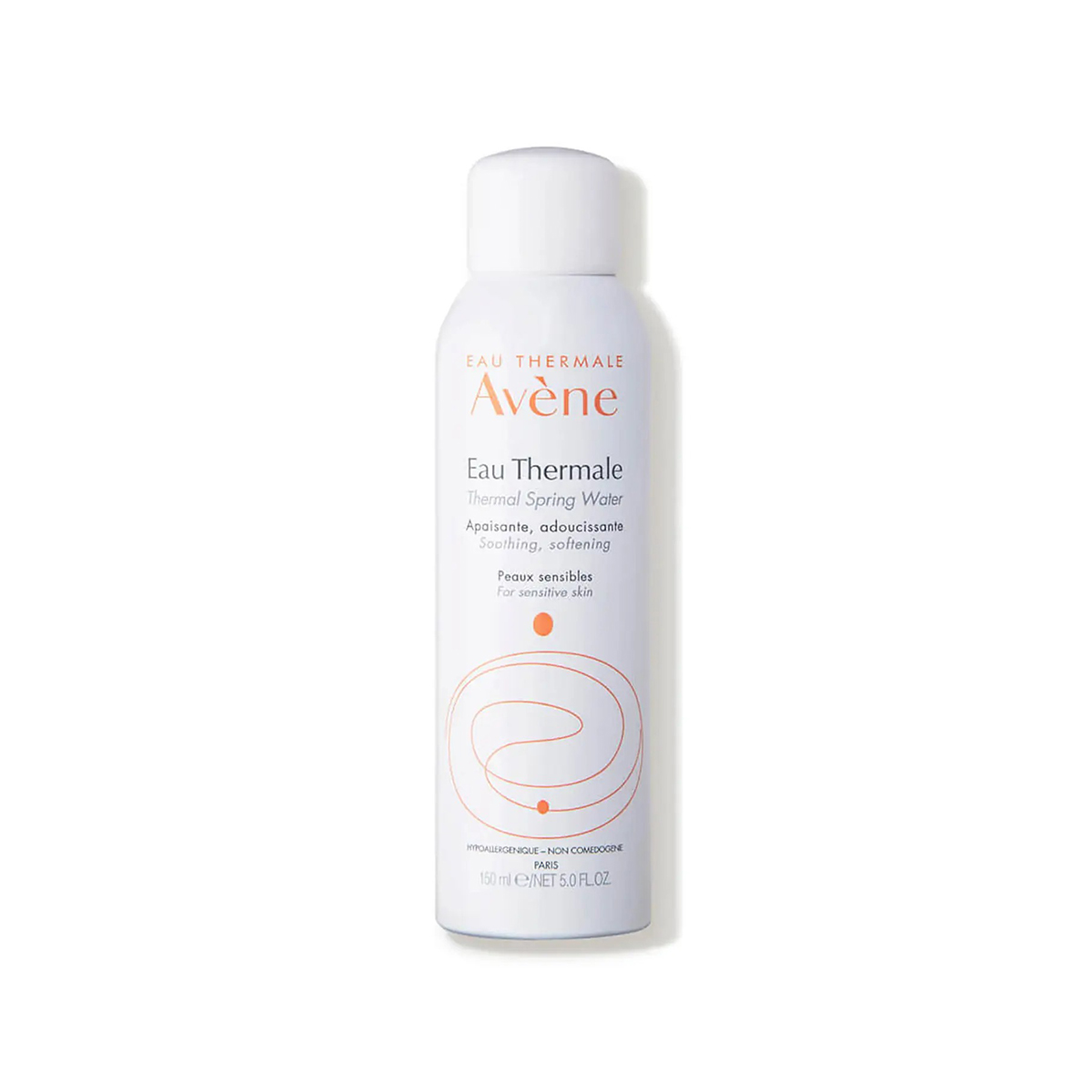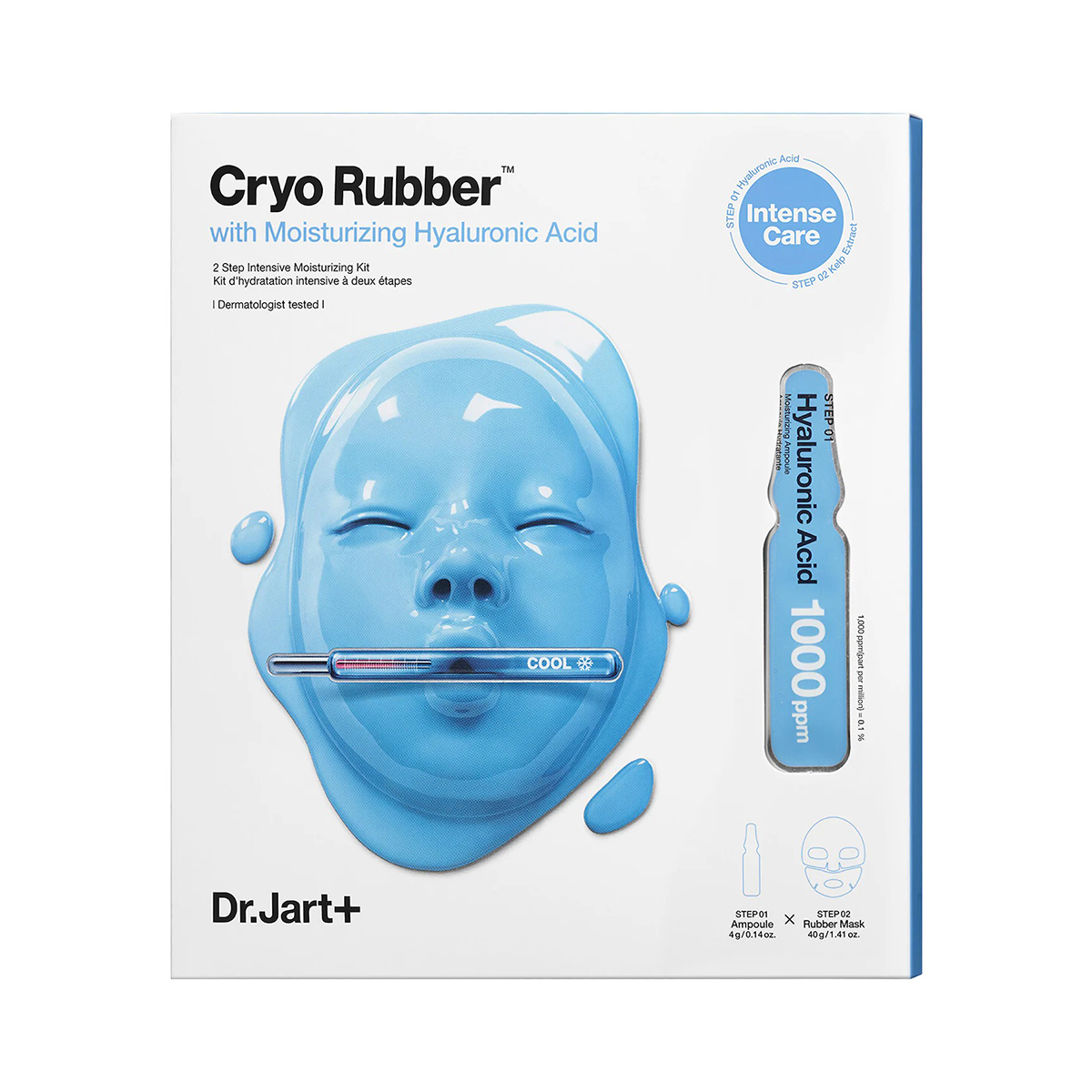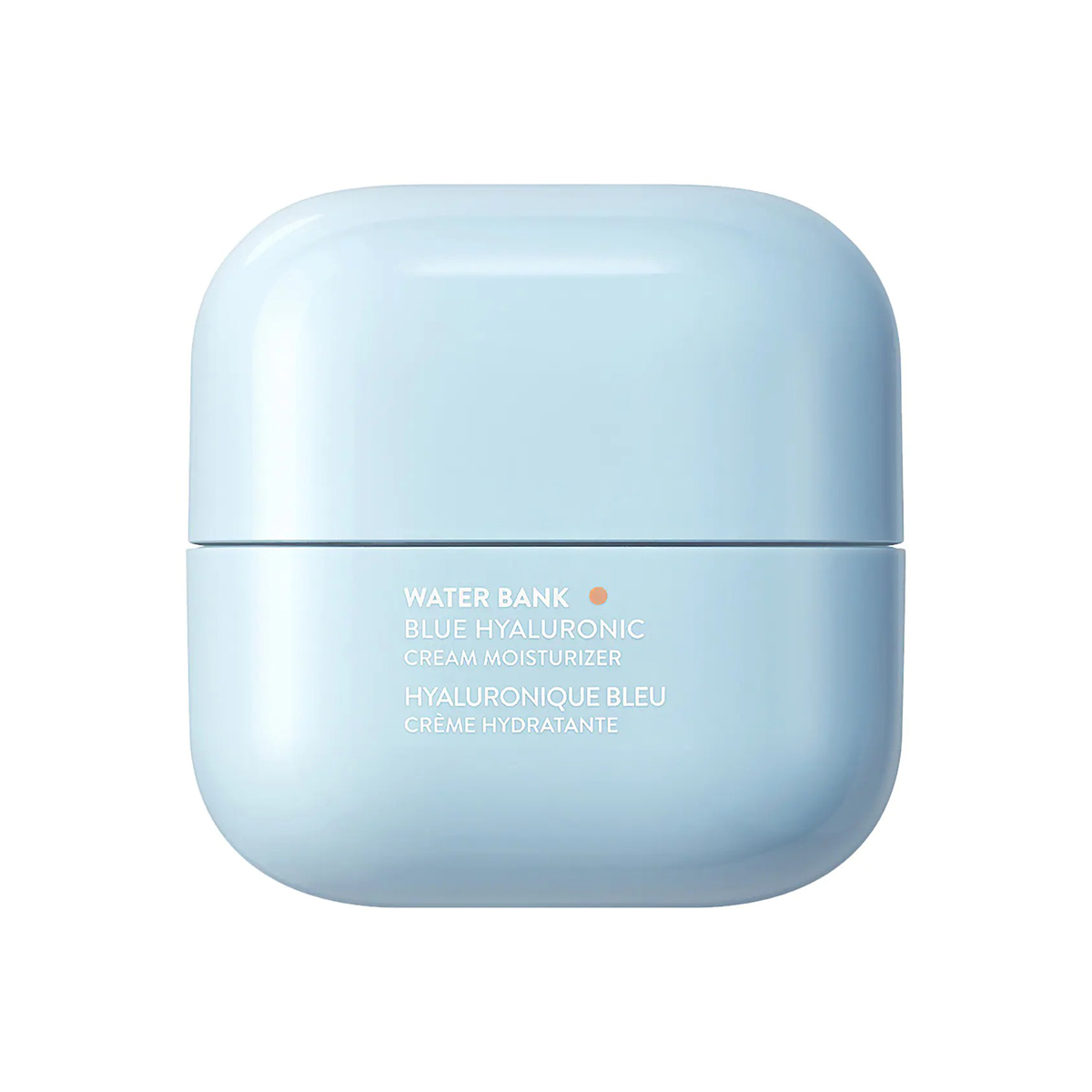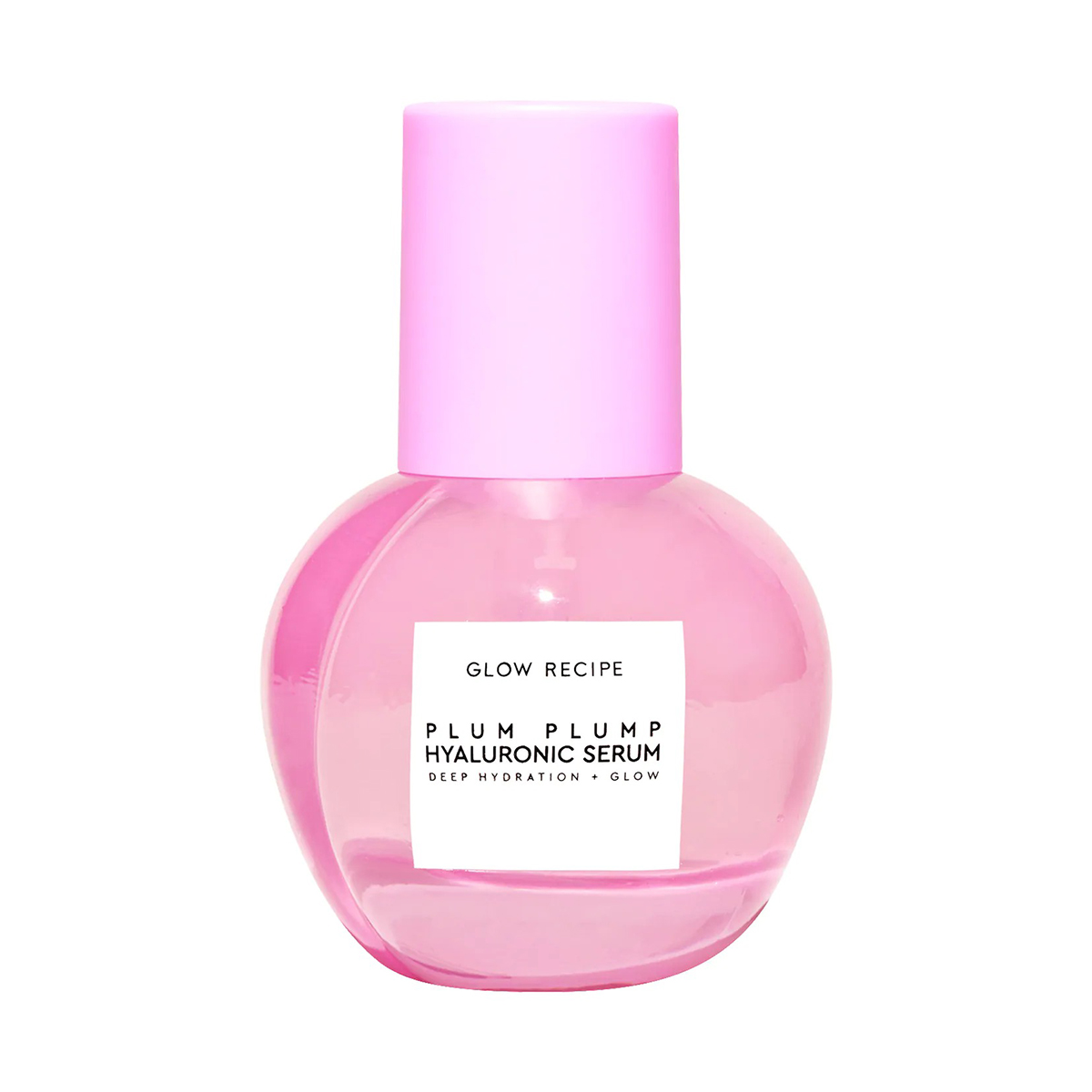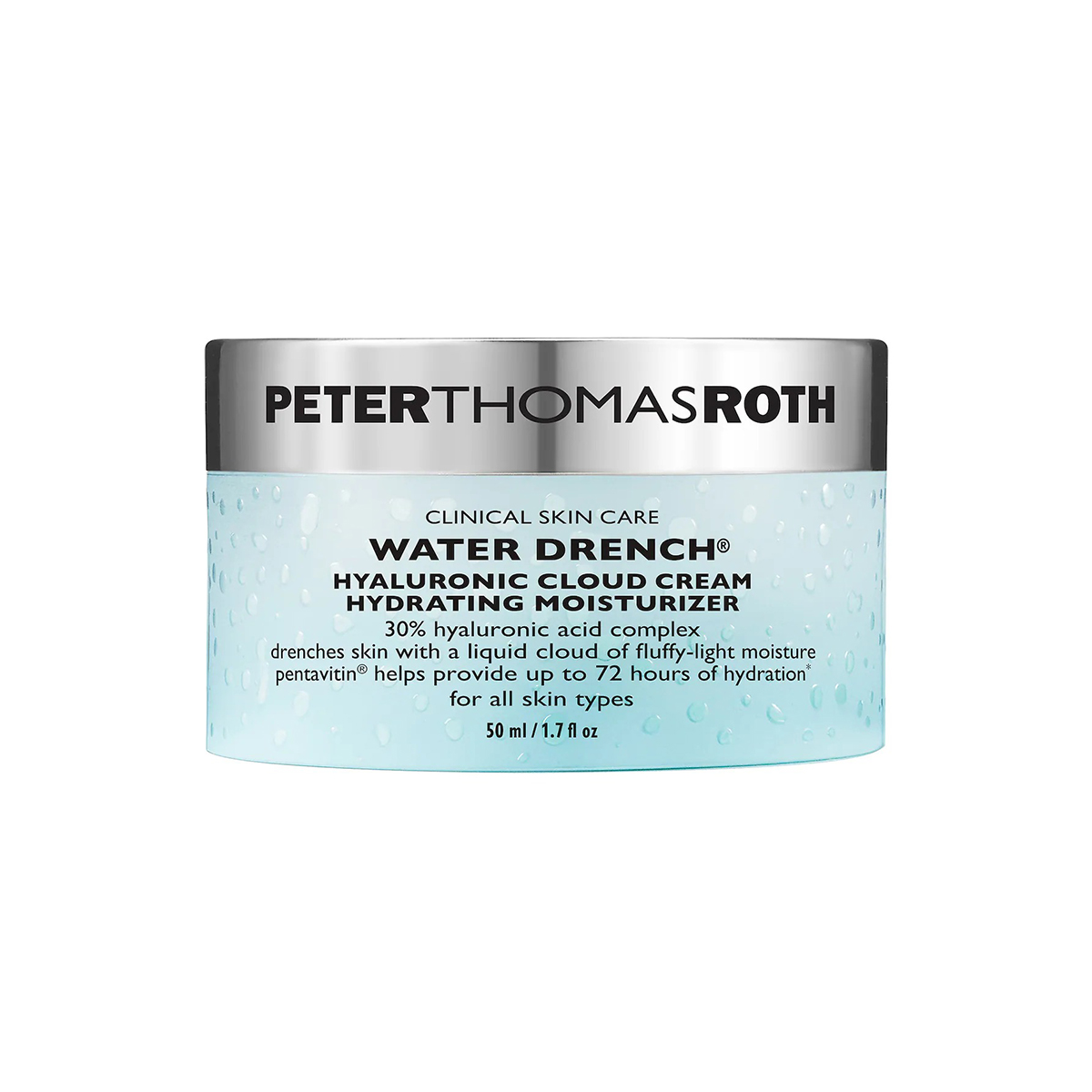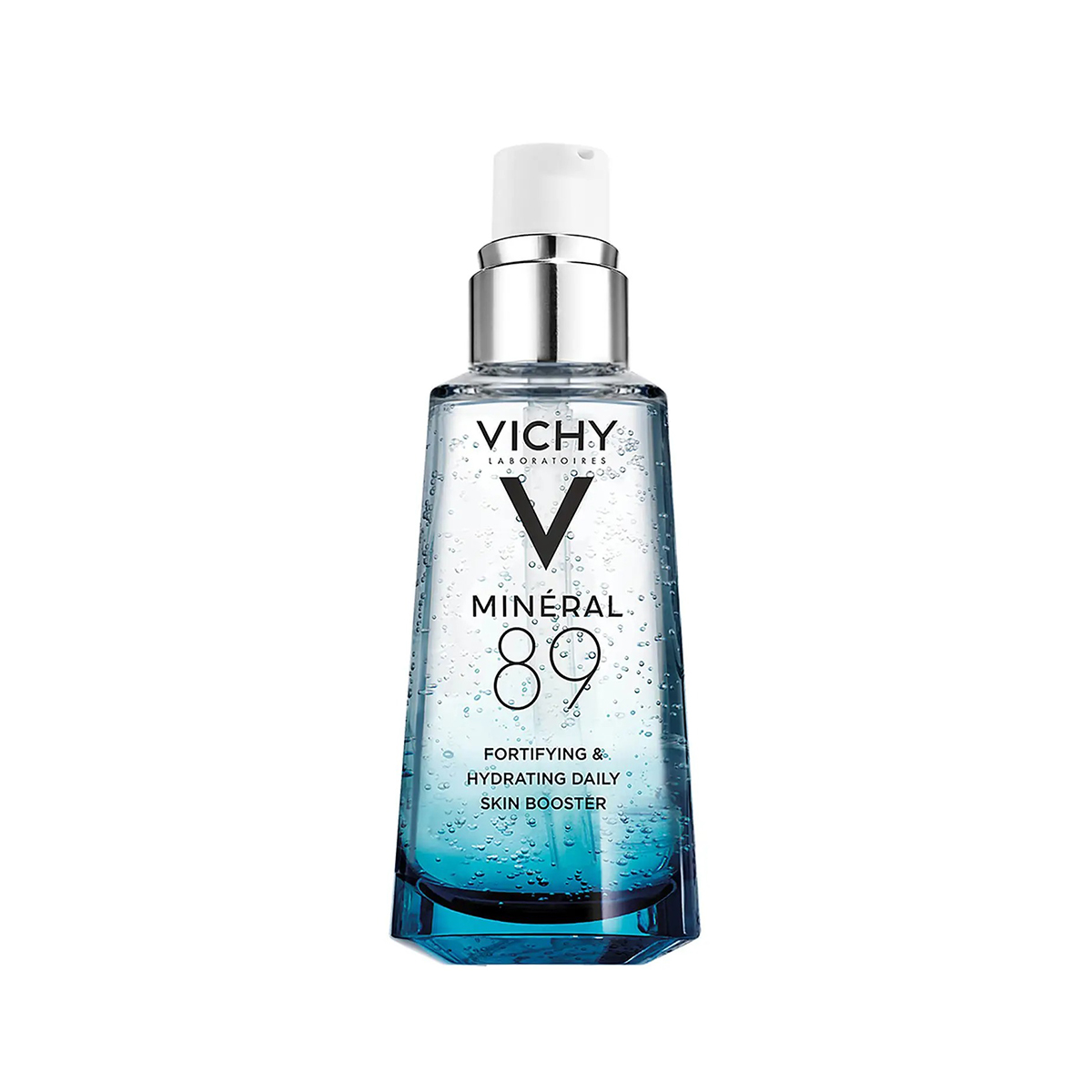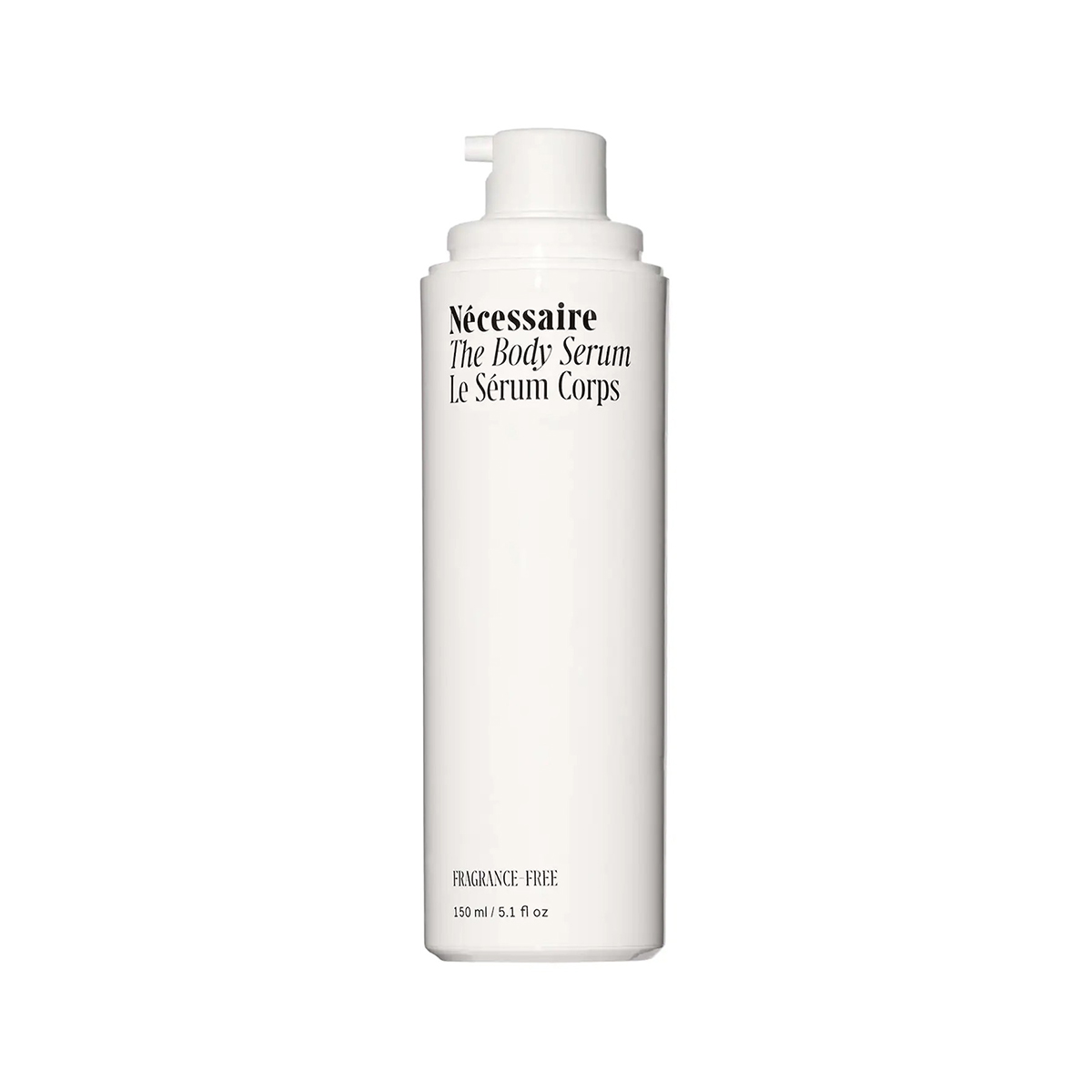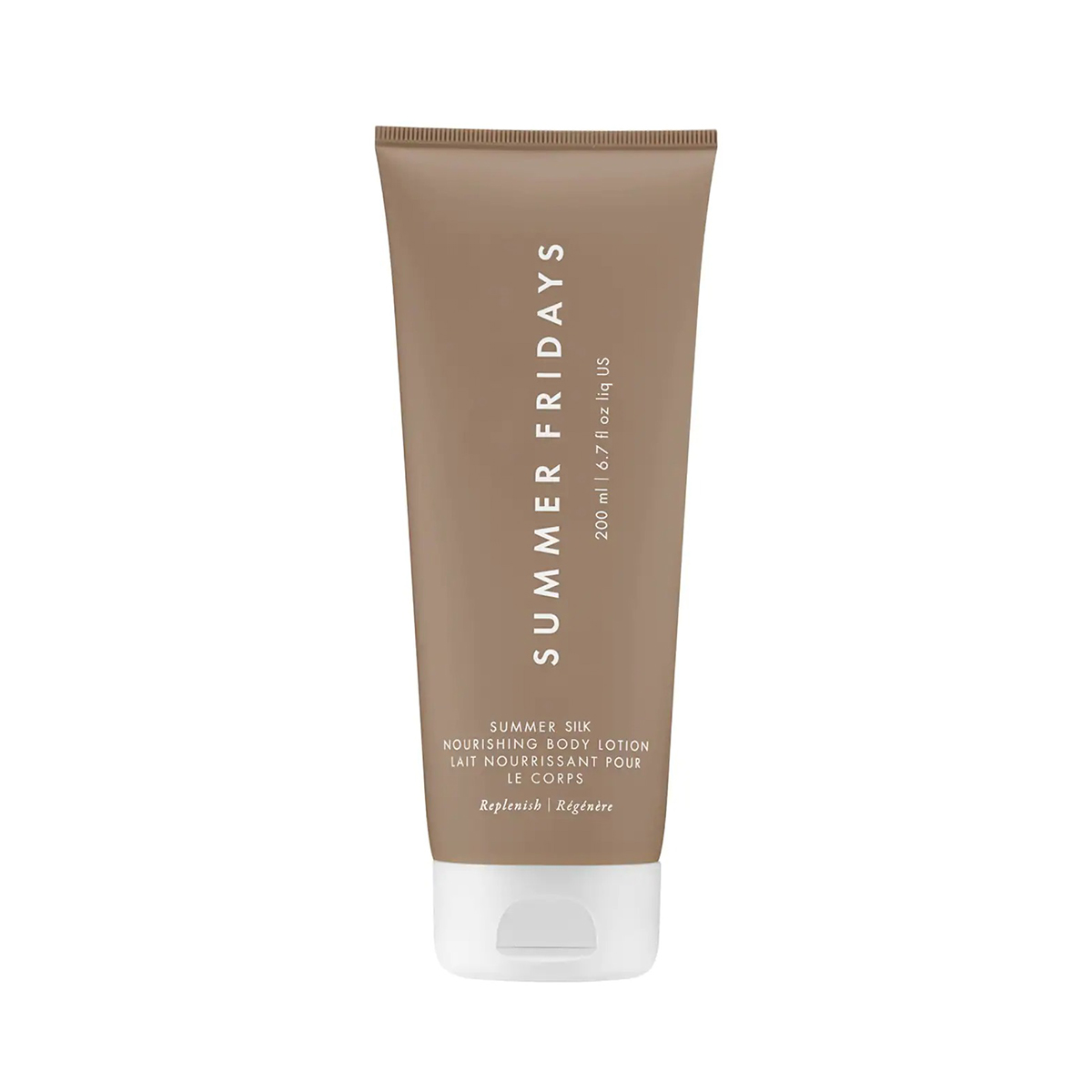Hyaluronic Acid Should Be Your Desert Island Skincare Ingredient—Here's Why
I love all skincare ingredients, but above all, I love hyaluronic acid. If you ask me, this superstar ingredient deserves to be at the top of everyone's shelves—it's genuinely one of the best skincare ingredients for dry, flaky skin. I talked with top derms to get the lowdown on this powerhouse hydrating ingredient and learn why it deserves a place in your routine.

What exactly is hyaluronic acid?
"It is a substance that your body naturally produces to keep your joints and skin lubricated, hydrated, and flexible," says Michael Jacobs, M.D., medical technology director at Cortina and clinical associate professor of dermatology at Weill Cornell Medical College. "Hyaluronic acid binds to water molecules already present in your skin to lock in the hydration."
Since it binds to water and helps skin retain moisture, it's classified as a humectant, according to Reid Maclellan, M.D., M.M.Sc., founder and CEO of Cortina, adjunct faculty at Harvard Medical School and director of Proactive Dermatology Group. Maclellan notes that your body stops producing as much hyaluronic acid as you age.
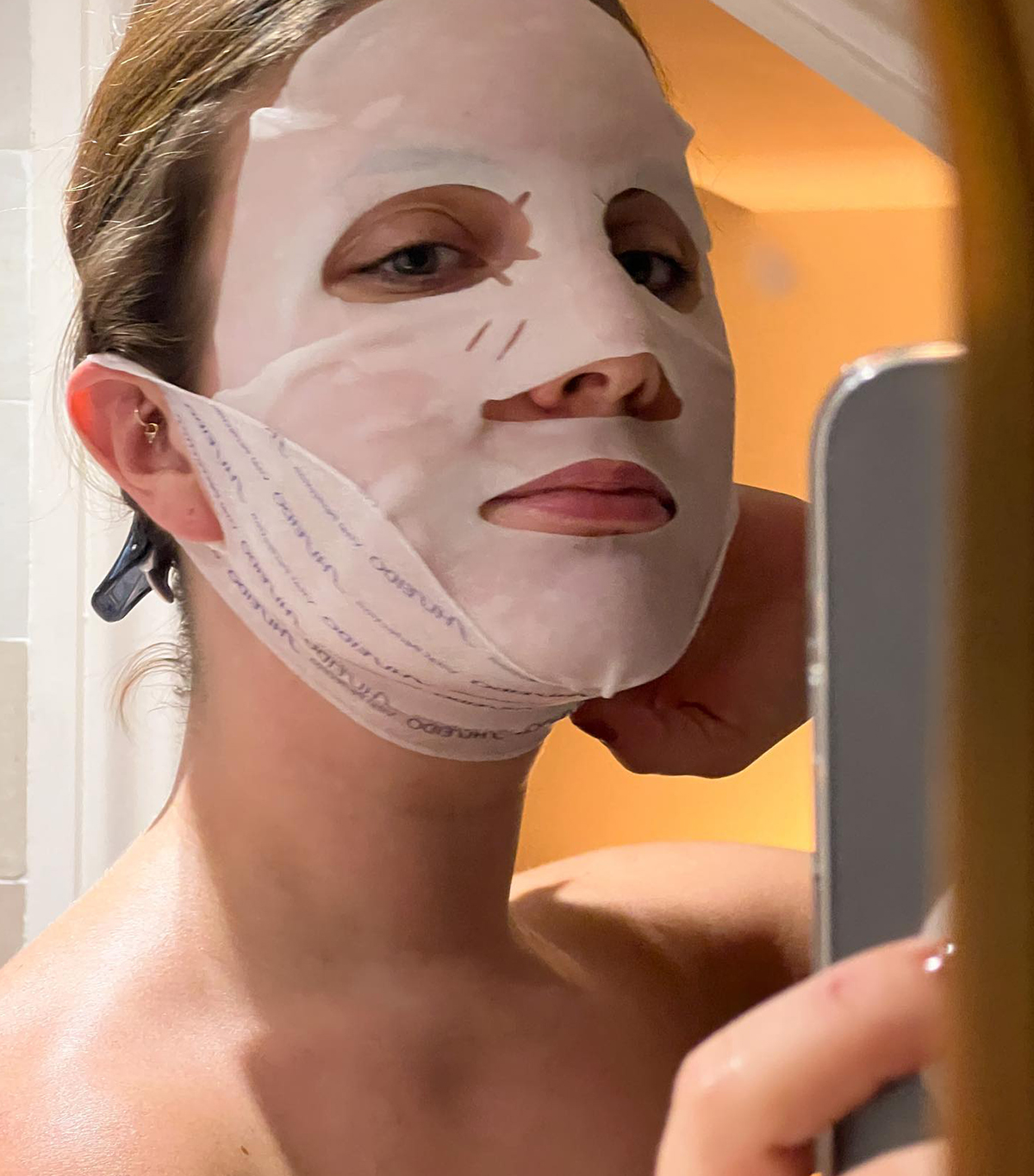
What are the benefits of hyaluronic acid, and who is it best for?
Everyone can use hyaluronic acid. It's one of those rare universal skincare ingredients. "No matter your skin type or age, hyaluronic acid can lead to healthier and dewier skin," says Maclellan. "It helps keep our skin plump, voluminous, hydrated, and healthy-looking." If you have dry skin, however, hyaluronic acid will be especially beneficial.
Hyaluronic acid is also an incredibly effective anti-aging ingredient, according to Jacobs. "Skin aging is associated with the loss of elasticity and moisture, which are two things that hyaluronic acid can combat," he says. "[Its] plumping properties can decrease the appearance of wrinkles and lines and tighten and brighten the skin." Hyaluronic acid is found in injectables, serums, creams, and even supplements.
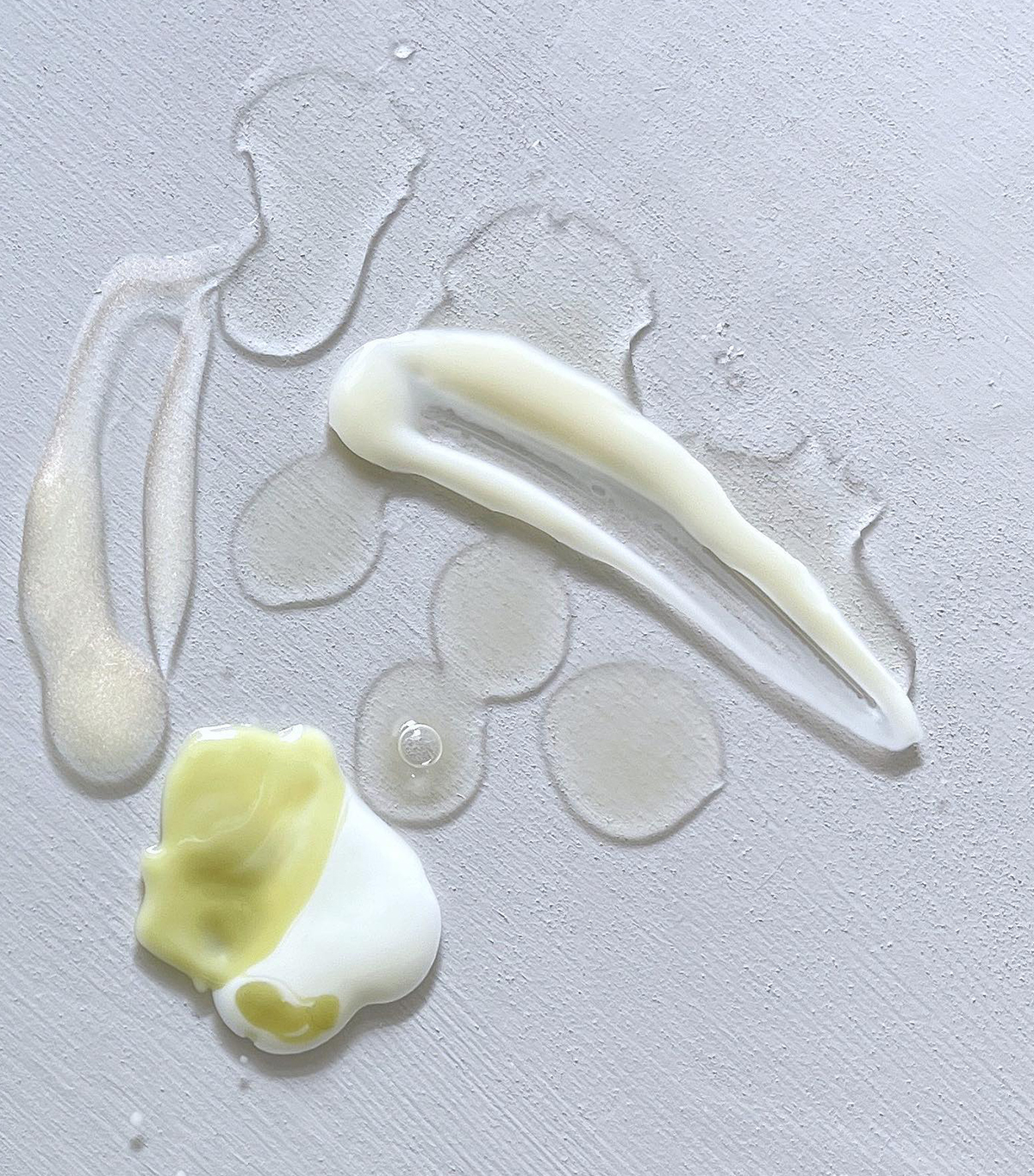
Is there anyone who should avoid using hyaluronic acid?
Hyaluronic acid has gotten a bad rap over the years, with some people saying that it can dry out your skin more. The trick is using hyaluronic acid correctly. Maclellan advises that you need to make sure your skin is already damp if you're using hyaluronic acid in serum form so that it has water to retain. He also recommends doing a patch test and reading the ingredients to ensure there are no other potential irritants added.
The best hyaluronic acid products:
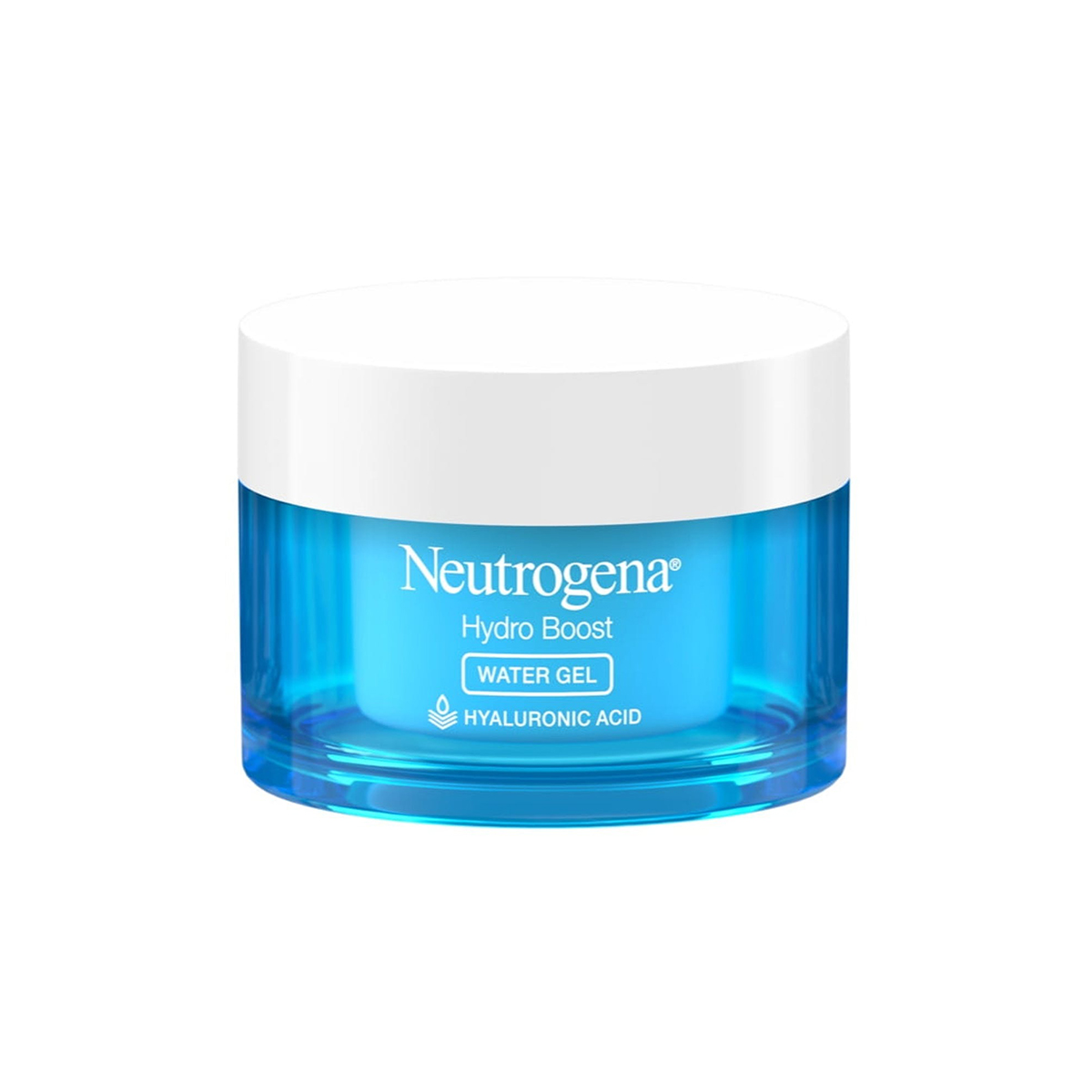
"One of my favorite products is the Hydro Boost Water Gel by Neutrogena," says Jacobs. "It is an oil-free, non-comedogenic formula containing hyaluronic acid that helps to quench dry skin without clogging pores or feeling heavy. Because it's oil-free, it's also great for people with acne or oily skin, and it's great to use under makeup because of how lightweight it is."
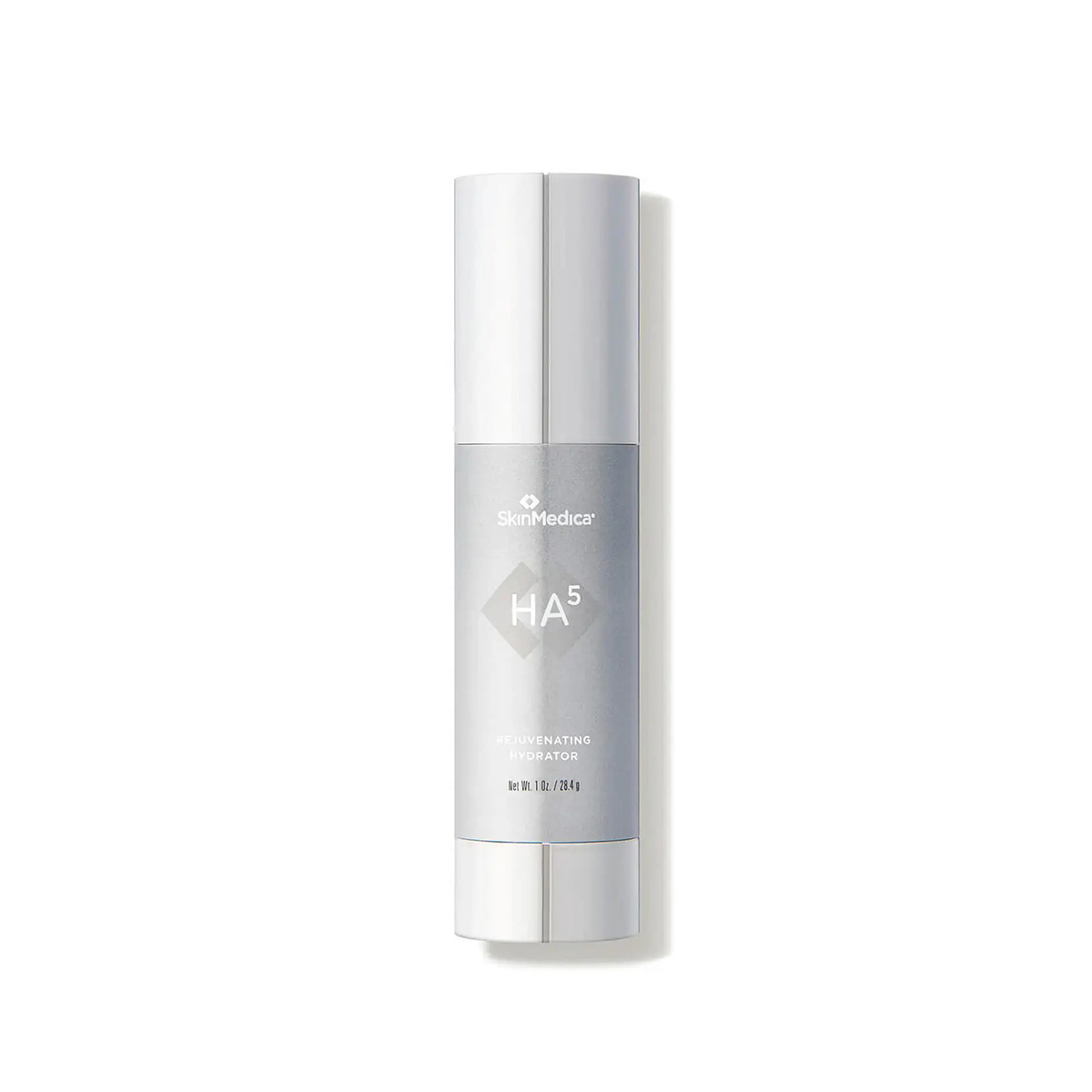
Five different types of hyaluronic acid that both immediately hydrate and provide hydration over time make this serum a major skincare powerhouse. Once you smooth this into skin, it will provide hydration for up to eight hours. It's also infused with peptides and vitamin E to smooth fine lines and wrinkles and nourish skin. It might be on the pricier side, but it's 100% worth the investment.
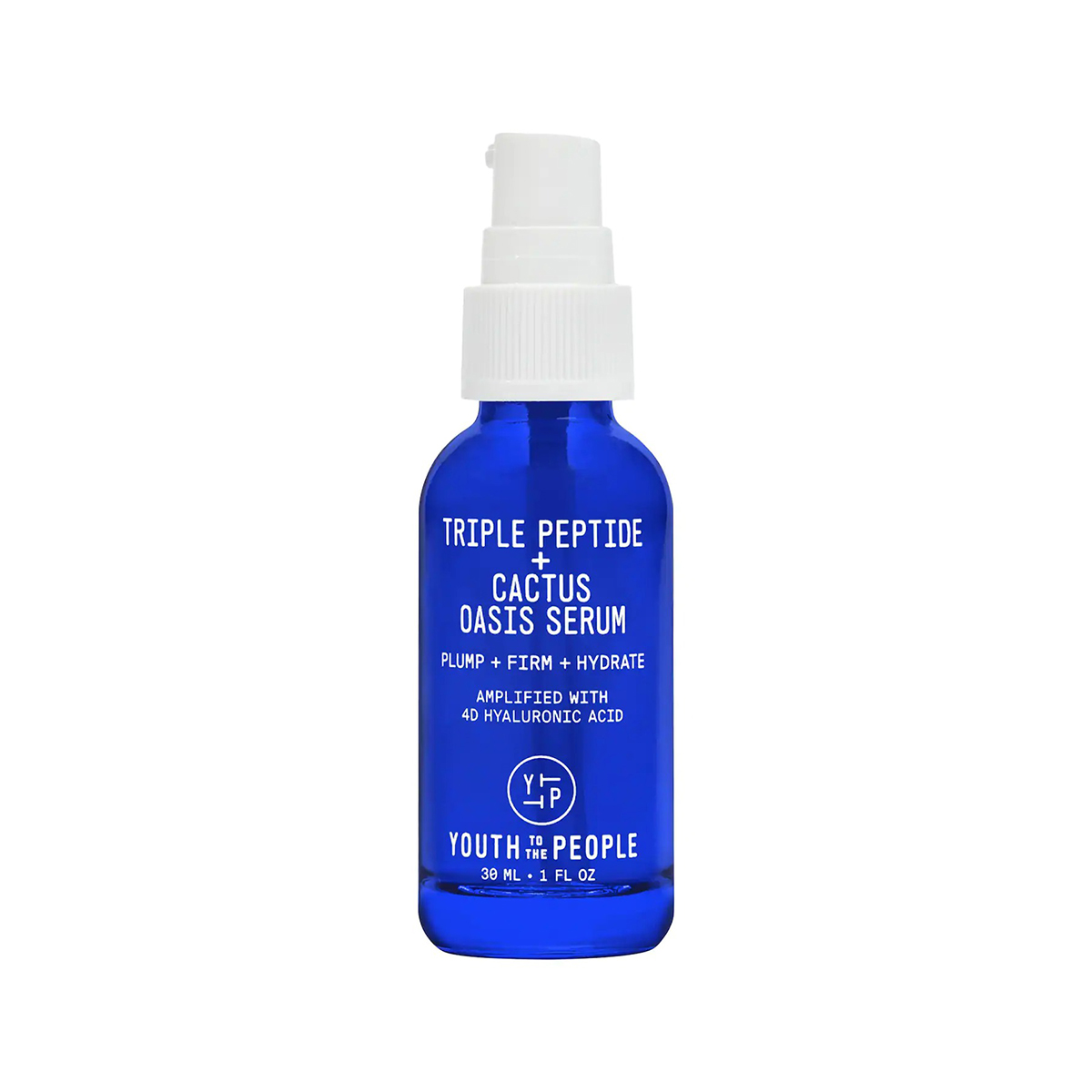
Cactus and rambutan peel work as moisture-binding agents to help your skin hold onto hydration longer. A triple peptide blend also works to smooth fine lines and wrinkles while four different kinds of hyaluronic acid plump skin.
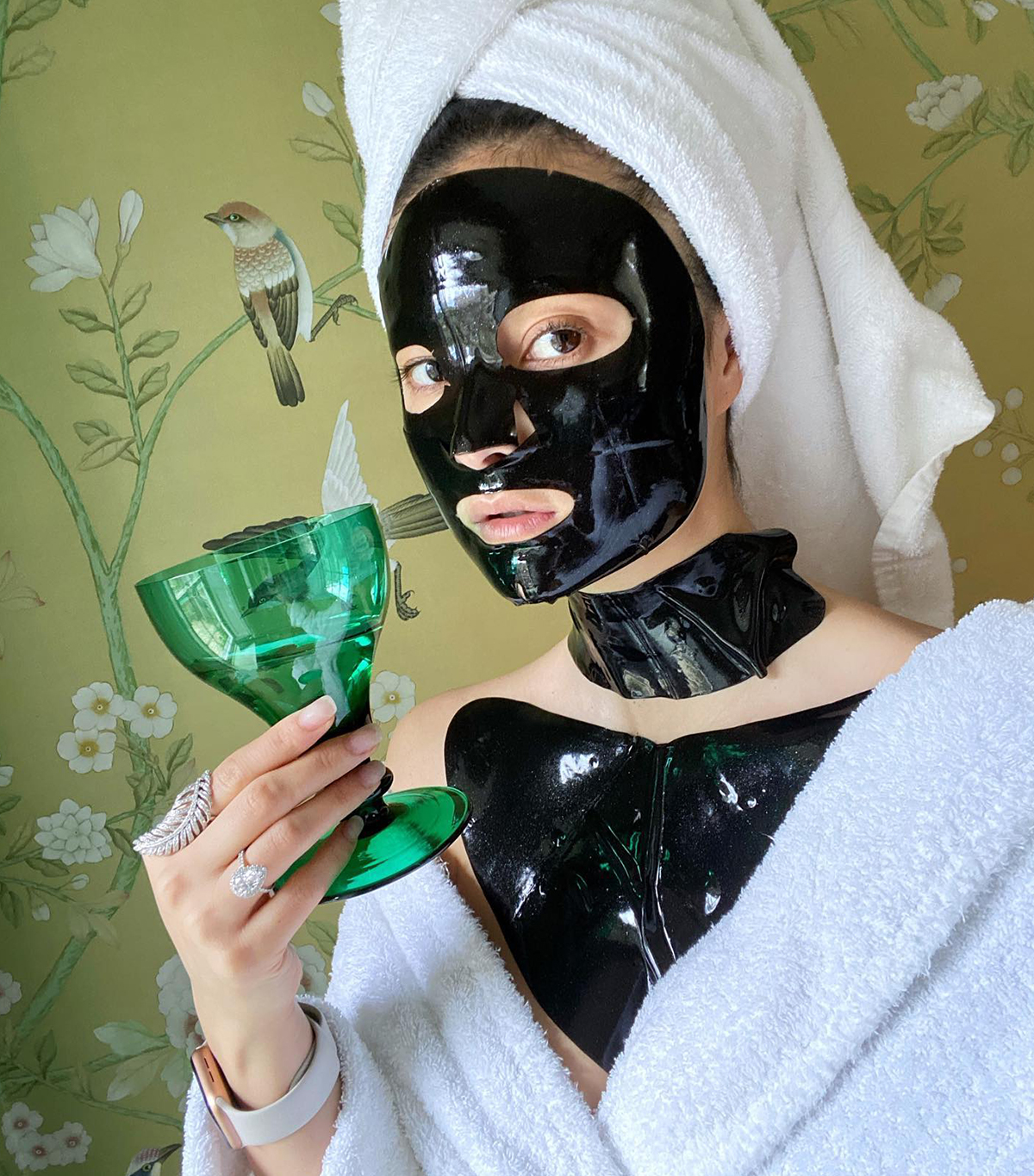
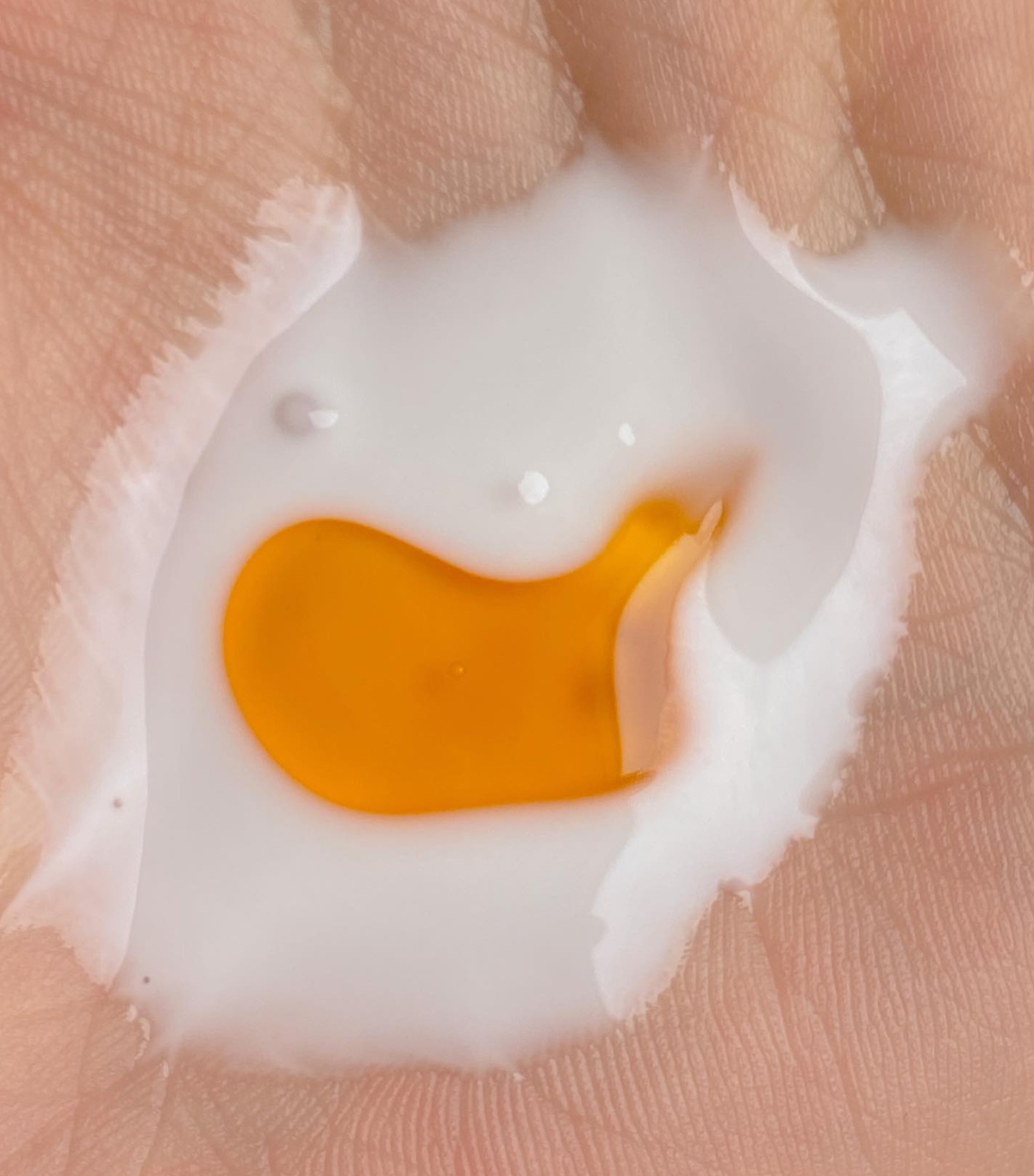
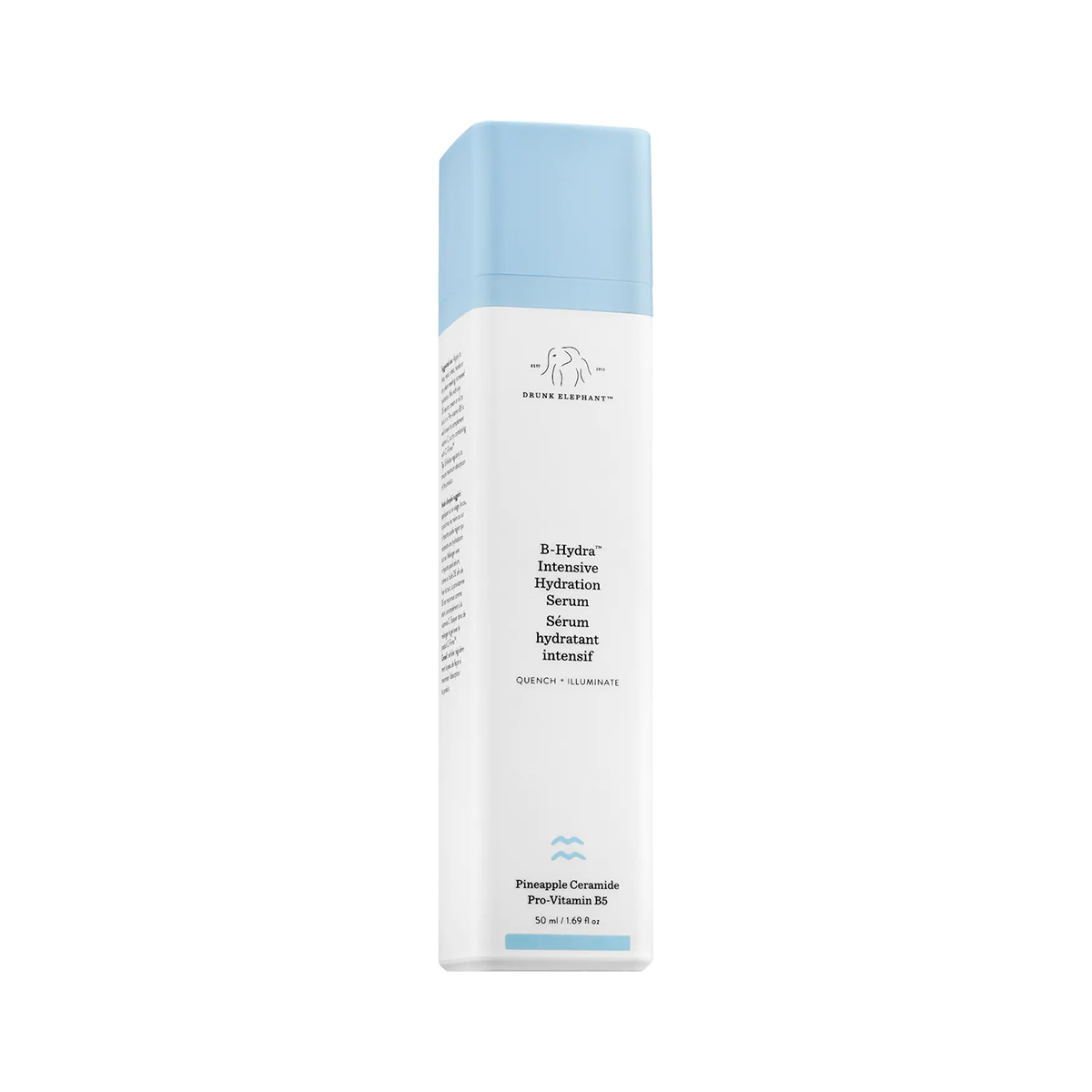
The star of this serum is sodium hyaluronate, which is a smaller version of hyaluronic acid that's able to penetrate deep into the skin. Ceramides and vitamin B5 also help strengthen the skin's barrier and smooth fine lines and wrinkles.
Next: 15 Moisturizers That Won't Clog Your Pores at All
Prior to her time at Who What Wear, Katie Berohn worked as the beauty assistant for Good Housekeeping, Woman's Day, and Prevention magazines, all part of the Hearst Lifestyle Group. She graduated from the University of Colorado, Boulder, with a major in journalism and minor in technology, arts, and media, and earned her master's degree at NYU's graduate program for magazine journalism. In addition, Katie has held editorial internships at Denver Life magazine, Yoga Journal, and Cosmopolitan; a digital editorial internship at New York magazine's The Cut; a social good fellowship at Mashable; and a freelance role at HelloGiggles.
